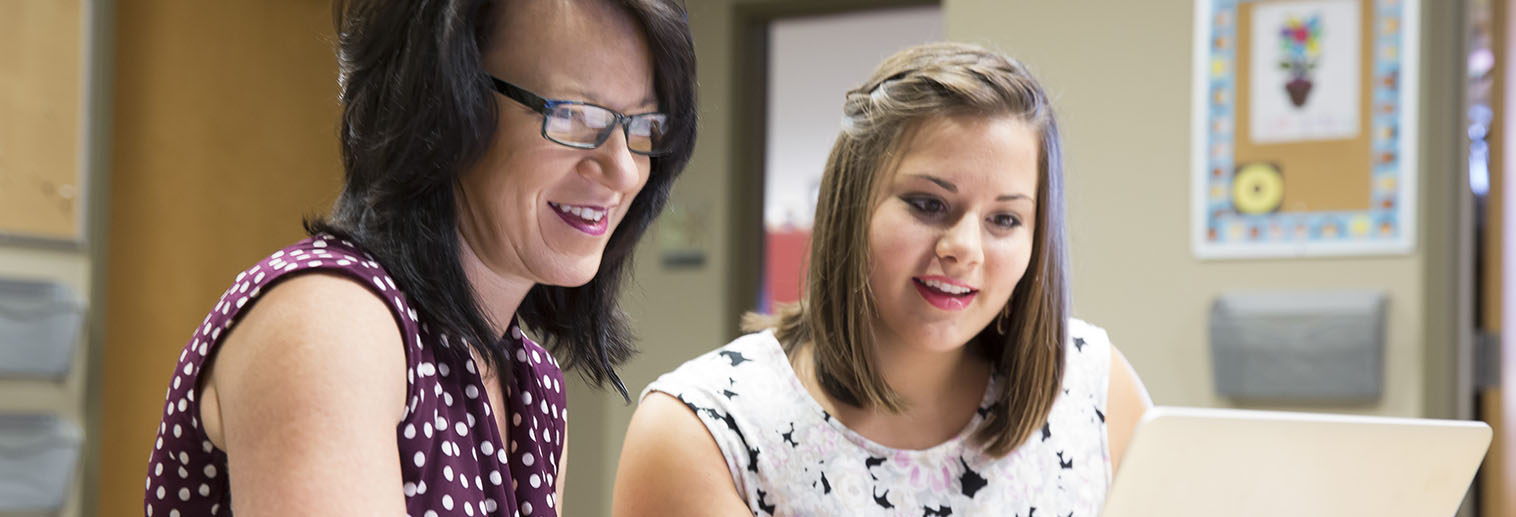Jaclyn Hudak '16
Early Intervention Factors that Influence Language Development in Young Children with Hearing Loss
Major: Psychology and Early Childhood Education
Hometown: Allentown, Pennsylvania
Advisor: Dr. Jean DesJardin
Briefly describe your project.
This summer SOAR research project relates to ecological (family and child) factors that influence child development, particularly for young children with mild to moderate hearing loss from ages 12 to 18 months old. In this large multi-site (University of Southern California, Los Angeles, CA; San Diego State University, and Indiana University) longitudinal data set, we are investigating parent (self-efficacy, involvement, and emotional availability) and child (language skills) factors during play that impact young children’s language development. These skills may impact their inclusion into preschool and kindergarten programs for typically-developing hearing children. The results of these investigations could have dramatic implications for how Moravian University’s Early Childhood Teacher Candidates work with families and their young children.
Why did you decide to turn your idea into a SOAR project?
The origin of our project first began when Dr. DesJardin approached me with the idea of expanding on her longitudinal study and asked if I would be willing to be her cooperating SOAR researcher in this experience. Dr. DesJardin recognized that I had prior early childhood education classes at Lehigh Carbon Community College, strong experiences in working directly with young children in the field, as well as, highlighting my passion and advocacy for Early Childhood Education, Early Intervention, and Psychology. She felt as though I would be a great candidate as her co-researcher and saw that I was well-prepared for library research, project development, data analysis, and manuscript/conference preparation. The eagerness I displayed truly allowed us to become motivated and a great team in researching together!
How did your faculty advisor guide you through your research?
There are so many positives when working with Dr. DesJardin as my faculty mentor and co-researcher! If I had to pick the best part about being by her side during this journey, it would be the personal connections that she intentionally created with me as her SOAR student. She has become one of my role models and someone I look up to. When in doubt, Dr. DesJardin will always lend guidance, support, communication, patience, humbleness, and insightful advice. The most valuable insights Dr. DesJardin has brought to our project is definitely her resourceful background knowledge, understanding, and first-hand experiences in years of researching children with hearing loss and Early Intervention factors. It was a phenomenal backbone in structuring our literature review, as well as, creating a basic foundation for this longitudinal research that we were able to breakdown and then build upon with new knowledge.
What was your biggest obstacle?
Honestly, the biggest obstacle I have experienced so far during this project was being able to switch between the mindset of a student researcher versus a professional educational researcher. There are many factors involved with this researching that require a more mature mentality and time management plan beyond that of the typical undergraduate college student approach, all while continuing intensive coding training and learned professionalism. It was also important to separate personal judgements when observing and coding to limit any researcher biasedness which can ultimately alter results, which was quite challenging at times as well. The perspective of a professional researcher really wears a different hat than one I was used to and that in itself was an obstacle I overcame and have grown from!
What was your biggest takeaway from this experience?
Aside from the researching process and pending results, a personal takeaway from this experience is that I have officially truly gained the reassurance in my life’s calling in combing my passions of Psychology, Early Childhood Education, and Early Intervention. It has been quite the reflective and eye-opening experience for me to be able to take on the role of a professional educational researcher. It also confirmed for me that as a current Early Childhood Education teacher and near future Pediatric Occupational Therapy Assistant that I will continually be a lifelong learner and teacher researcher, for as long as I am present in the field of working with young children—something I can officially say I am capable and competent of achieving and advocating!
What was the result of your project? Was it congruent with your hypothesis?
As part of a longitudinal study, we are still collecting and coding data at this point in our research, while ensuring interrater reliability is present. Our goal is to conclude the project with a final total number of 30 subjects come September, 2015. Furthermore, detailed statistical analysis will be conducted mid-August and early September. Final correlational results and discussions will be presented at The Division of Early Childhood (DEC) 31st Annual Conference of Young Children with Special Needs & Their Families in Atlanta, Georgia in congruence to our hypothesis.
Will you expand on your research after this summer is over? If so, where would you like to see it go?
Looking beyond this summer, our research will definitely be extended into this upcoming year. We plan on continuing our data collection and coding 15 Normal Hearing Subjects and 15 Hearing Loss Subjects, while expanding on our literature review as well. Come this October, we are attending The Division of Early Childhood Education (DEC) 31st Annual Conference of Young Children with Special Needs & Their Families in Atlanta, Georgia to present our research, results, and findings. Our ultimate goal is to also pursue further research in other child factors related to the overarching Ecological Model (e.g., father roles, child care center, early intervention programs attended, culture, birth parents vs. adoption, etc.), which will presumably conclude our literature review into Educational Scholarly Articles. Ideally, this longitudinal research should be able to continue for years to come and will only greatly bridge the communication and advocacy gap between researchers, teachers, and interventionists in the field of Psychology, Early Childhood Education, and Early Intervention.

